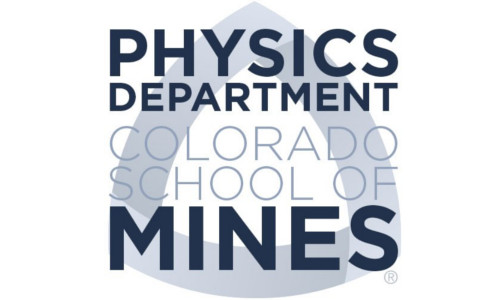(January 9th 2017) – San Marcos, Texas – MicroPower Global has actively set and promoted high standards for thermoelectric technology. Through collaborative initiatives between MicroPower, the National Renewable Energy Laboratory, Colorado School of Mines and other participants in the STEALS project, key relationships have evolved that could play instrumental roles in shaping the future of thermoelectric technology standards. Thermoelectric devices have the potential to revolutionize how society produces electricity and cooling.
A key effort led by Dr. Eric Toberer at the Department of Physics, Colorado School of Mines, is focused on the renewal of a collaborative research project for the National Science Foundation (NSF), Designing Materials to Revolutionize and Engineer our Future (DMREF). The research is titled Accelerating Thermoelectric Materials Discovery via Dopability Predictions. Advances in computation and machine learning are leveraged to accelerate the search for advanced thermoelectric materials. Dr. Toberer and others involved in this effort intend to build upon prior NSF DMREF research that focused on predicting a material’s potential for thermoelectric performance.
An invitation was extended by Dr. Toberer to MicroPower seeking participation in this research. Dr. Thomas Zirkle, Chief Technology Officer at MicroPower Global, has agreed to join a Thermoelectric Industry Advisory Board that receives rapid notification of the research developments and provides critical feedback as necessary. “MicroPower’s commitment to third-party testing of their power generation modules at high temperature is commendable; such testing is vital for establishing consumer confidence,” said Dr. Eric Toberer, Department of Physics, Colorado School of Mines, the co-Principal Investigator in the STEALS project.
“It’s an honor to have been asked to join the Thermoelectric Industry Advisory Board,” said Dr. Zirkle. “The work of Dr. Toberer and his colleagues is essential to the growth of our understanding of which thermoelectric materials can help provide solutions to real world problems, and MicroPower is delighted to be a part of that effort.”

